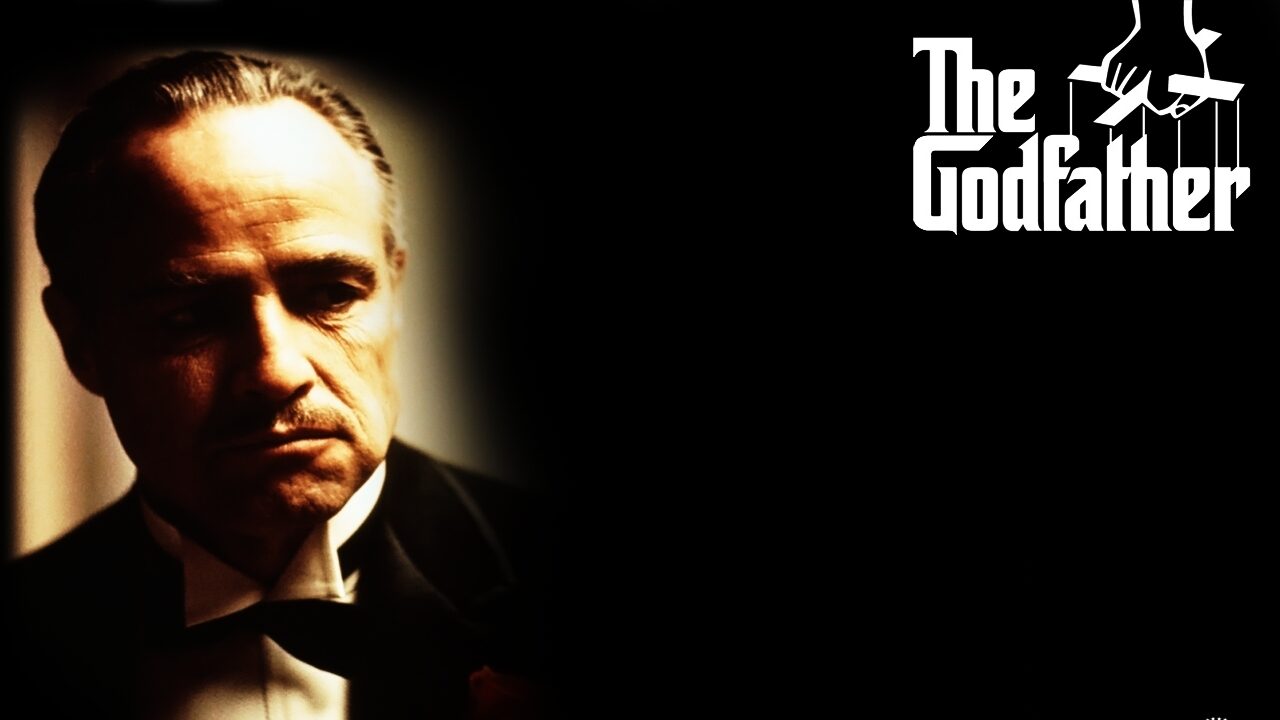Top Scores #16: The Godfather & Nino Rota

If you are even the slightest bit interested in pop culture then you’ve almost certainly seen or at least heard of the 1972 American crime film The Godfather – a classic gangster film often regarded as one of the most influential films of all time.
Directed by legendary director Francis Ford Coppola, the movie follows the Corleone mafia family in New York in 1945. Vito Corleone, “The Godfather”, faces the transfer of this empire to his young and idealistic son, Michael. Michael is determined to live life on his own terms, but tragedy strikes and he is forced to face the legacy and weight being a Corleone has.
The movie is regarded as the second-greatest film in American history by the American Film Institute. It is highly praised for its performances, the directing, screenplay, cinematography and the score. Such a great movie needs an equally great score. We owe this to Italian composer Nino Rota.
Nino Rota
Nino Rota was a composer and academic best known for his film scoring talents. Notably, he composed all the scores for the films of Federico Fellini and Luchino Zeffirelli, and the first two of The Godfather trilogy. But, he is credited with writing over 150 scores for Italian and international productions. His compositions for the second installment of The Godfather earned him the Academy Award for Best Original Score in 1974.
Coppola wanted an authentic Italian feel to his score, so he hired Nino Rota as he was able to relate to the characters and their experiences on the film. Rota created new music for the film using part of his score for the movie Fortunella as an inspiration. He wanted to evoke genuine Italian music while magnifying the tragedy within the film. His score was almost rejected because Paramount believed the music to be too highbrow for what they were looking for, but thankfully, Coppola managed to convince the executives to use it.
The Godfather’s Waltz
An extraordinary example of how Rota exceeds expectations is with “The Godfather’s Waltz”. In this piece he flawlessly translates the nostalgia of the relationship between Vito and Michael into music, conveying the dualities of their relationship. The score underlines the struggle Vito goes through when having to surrender the reins of his empire of chaos, while it explores the road mapped out for Michael’s future. The waltz is meant to say “Michael, I didn’t want this for you” before the Godfather himself can say it. The score plays along assigning the trumpet to Vito Corleone. Throughout the score we can denote that the trumpet is present during all of Vito’s most important scenes, playing the main melodic line when Vito and Bonasera are on screen and Vito is in a clear position of power, and playing in a striking and higher key when Vito gets shot. In fact, the trumpet doesn’t appear at all unless Don Corleone is on screen. It frequently duets with the trombone, foreshadowing the role Michael will play in relation to the Don.
The Godfather’s Waltz provides such emotional weight to the film that the music during the closing scene draws on a lot of the same elements and structure. The difference is that this time the trumpet is lonely no more, now accompanied by the rest of the orchestra and providing the backdrop for the moment when Michael is called “Don Corleone” for the very first time. The trumpet, previously associated with Vito, returns as Michael transitions to his father’s position of power- bringing to light that the trumpet is not symbolic of Vito, but of the position of Don.
You can listen to Nino’s compositions, including The Godfather’s Waltz, here:


